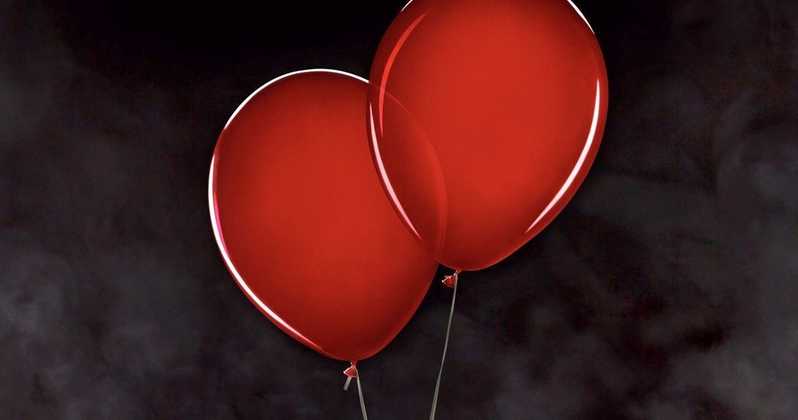It Chapter 2
by Hope Madden and George Wolf
Two years ago, director Andy Muschietti and writer Gary Dauberman accomplished quite a magic act. They made the film It, not only improving upon Part 1 of the beloved 1990 TV miniseries, but cleaning up some of Stephen King’s most audacious, thrilling and sloppy work.
Their second outing together closes the book on Pennywise, the scariest of all scary clowns. But this sequel faces inherent obstacles that loom even larger because the second half of King’s novel and the ’90 adaptation are both worse than weak. They’re massive let downs, and it’s pretty tough to make a great film with poor source material.
How bad is the King ending? So bad that it’s actually a running gag in It Chapter Two, a tale that sees a bunch of losers returning to their hometown 27 years after they last battled town bullies, abusive fathers, low self-esteem and that psychotic, shape-shifting clown.
The outstanding young cast from chapter one returns for flashback sequences and sometimes awkward de-aging effects. Their adult counterparts are, to a one, impressive. Jessica Chastain is reliably solid, as is James McAvoy. Isaiah Mustafa (hey, it’s the Old Spice guy!) and James Ransone (Tangerine – see it!) make fine additions to the cast, but it’s Bill Hader who owns this movie. He’s funny, heartbreaking and more than actor enough to lead this ensemble.
But Muschietti runs into serious problems early and often. He’s at a disadvantage in the thrills department in that children in peril generate a far more palpable sense of terror than what you can get by threatening adults. We’re just not nearly as invested in the survival of the grown up Losers Club.
The filmmaker flashes some style with his scene transitions, but betrays a serious lack of inspiration when it comes to both CGI and practical effects. If the scare doesn’t come directly from Bill Skarsgård’s committed performance as Pennywise, it doesn’t come at all.
And even then, set piece after set piece seems constructed with only one aim: a clearly telegraphed jump scare. The slog of a second act is where the film is at its most undisciplined -and where the nearly three hour running time feels more than unnecessary.
When the Losers strike out alone to face their long repressed demons, the narrative loses its grip on any sustained, cohesive tension.
Then, like a conquering hero, act three arrives with guns blazing, blood spurting and the emotional weight to give this bloated clown show a proper send off.
It’s here – when things get most intensely horrific – that the psychological wounds Muschietti had been poking are the most raw and resonant. Nostalgic melodrama finally gives way to graceful metaphor, and we remember why we cared so much about these characters the first time.
Does Chapter Two improve the finales of the novel and TV version? Most definitely.
But can it successfully realize all the promise from the first chapter?
Sadly, that’s a clown question, bro.

